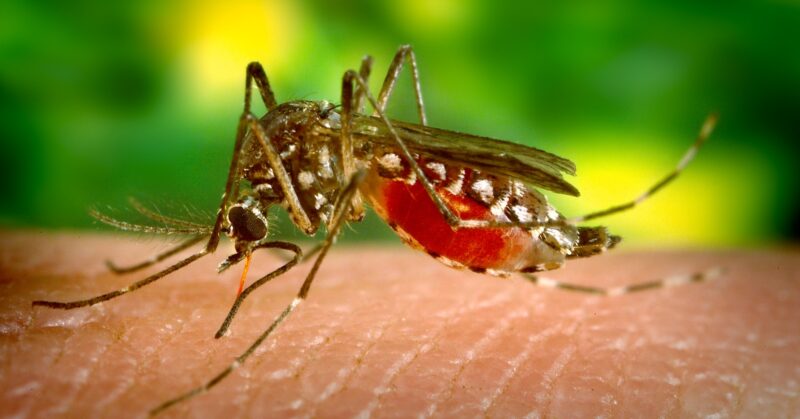As mosquito season peaks in warmer months, protecting yourself and your family from West Nile virus becomes a public health priority, especially in our southern climate, where infections can occur year-round. Transmitted through the bite of an infected mosquito, the West Nile virus can cause mild flu-like symptoms in most people. However, in some cases, particularly among older adults or those with weakened immune systems, the virus can lead to serious neurological conditions such as meningitis, encephalitis, or meningoencephalitis.
Since there is no vaccine or specific treatment for West Nile virus, prevention is the most effective strategy. Simple daily habits can make a major difference in reducing exposure:
- Use EPA-registered insect repellents like DEET, picaridin, or oil of lemon eucalyptus when outdoors. Apply them to exposed skin and clothing, following label instructions carefully.
- Wear protective clothing such as long-sleeved shirts and pants, especially during dawn and dusk when mosquitoes are most active. Clothing can also be treated with permethrin for added protection.
- Eliminate standing water around your home, where mosquitoes lay eggs. Check flowerpots, gutters, buckets, and kiddie pools regularly.
- Keep windows and doors closed or install tight-fitting screens to prevent mosquitoes from entering your home.
By taking preventive actions at home and staying alert to symptoms, you can protect your loved ones and help minimize the spread of West Nile virus in our region.
Visit UMC El Paso page for more health info and health-related resources available.
Follow UMC El Paso on X and do not miss any important updates.
Stay updated with the latest UMC news! Download our UMC Cares app, available for both Android and Apple devices.










